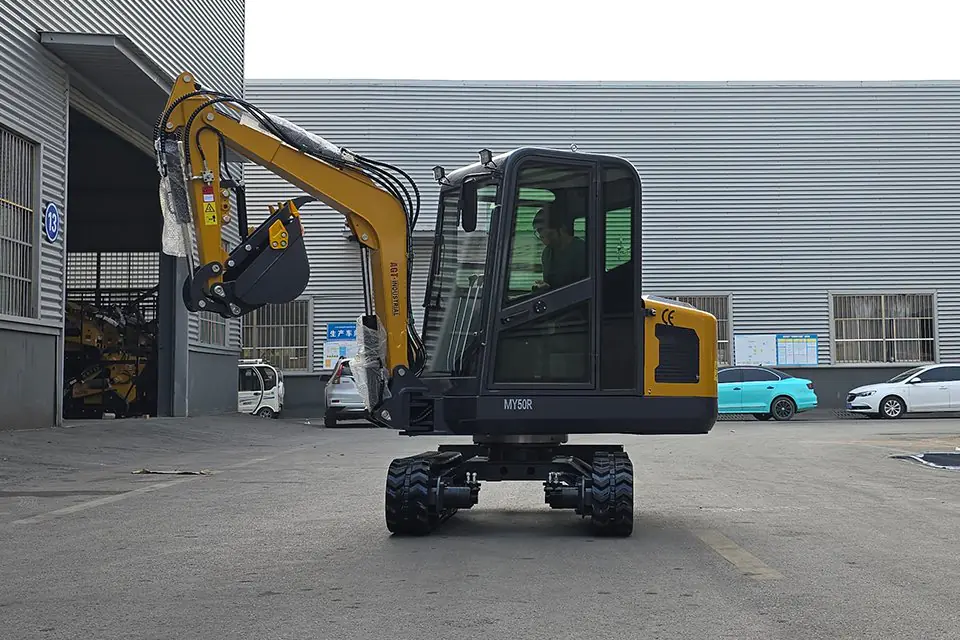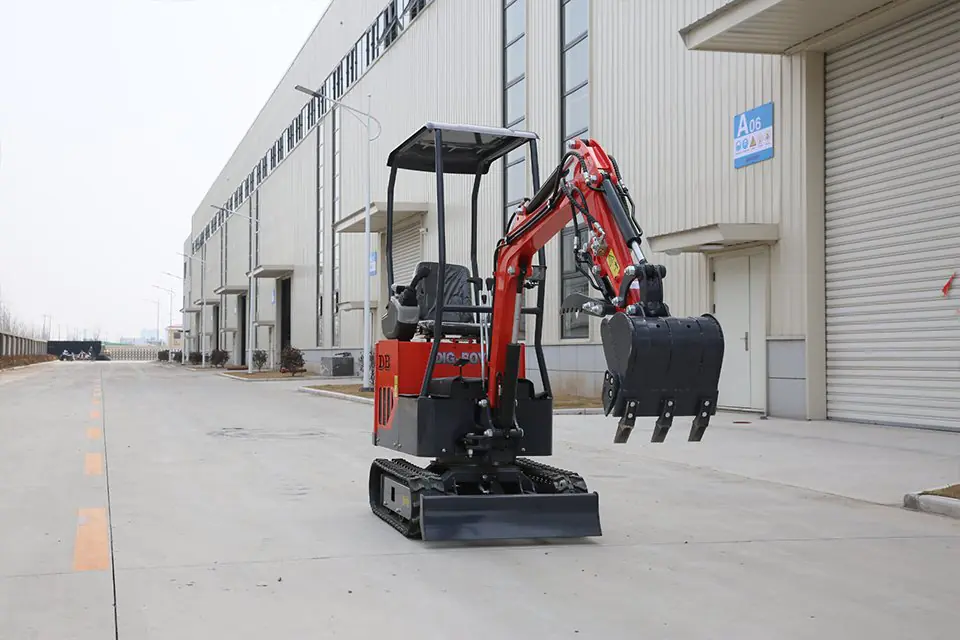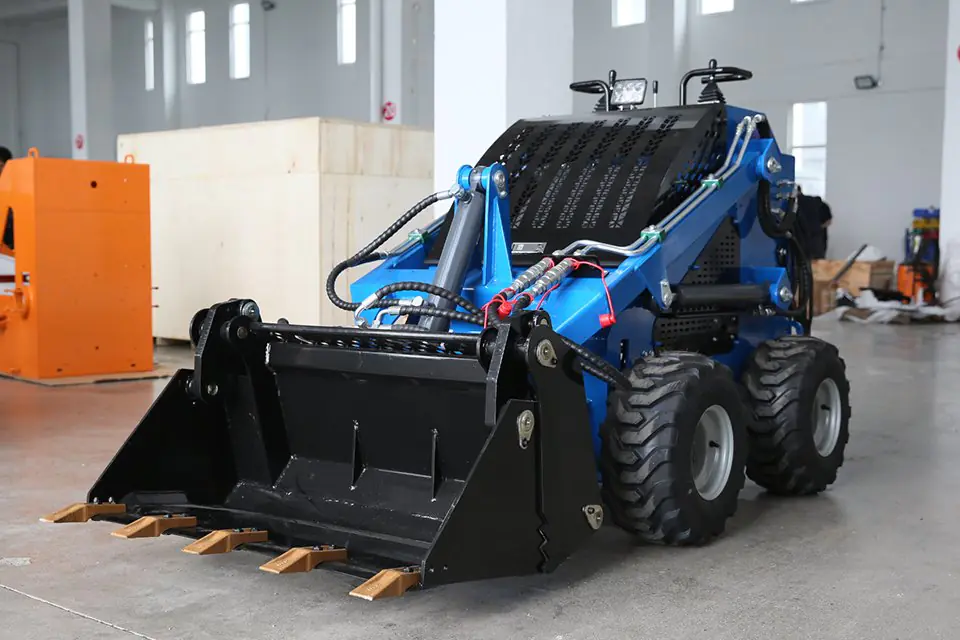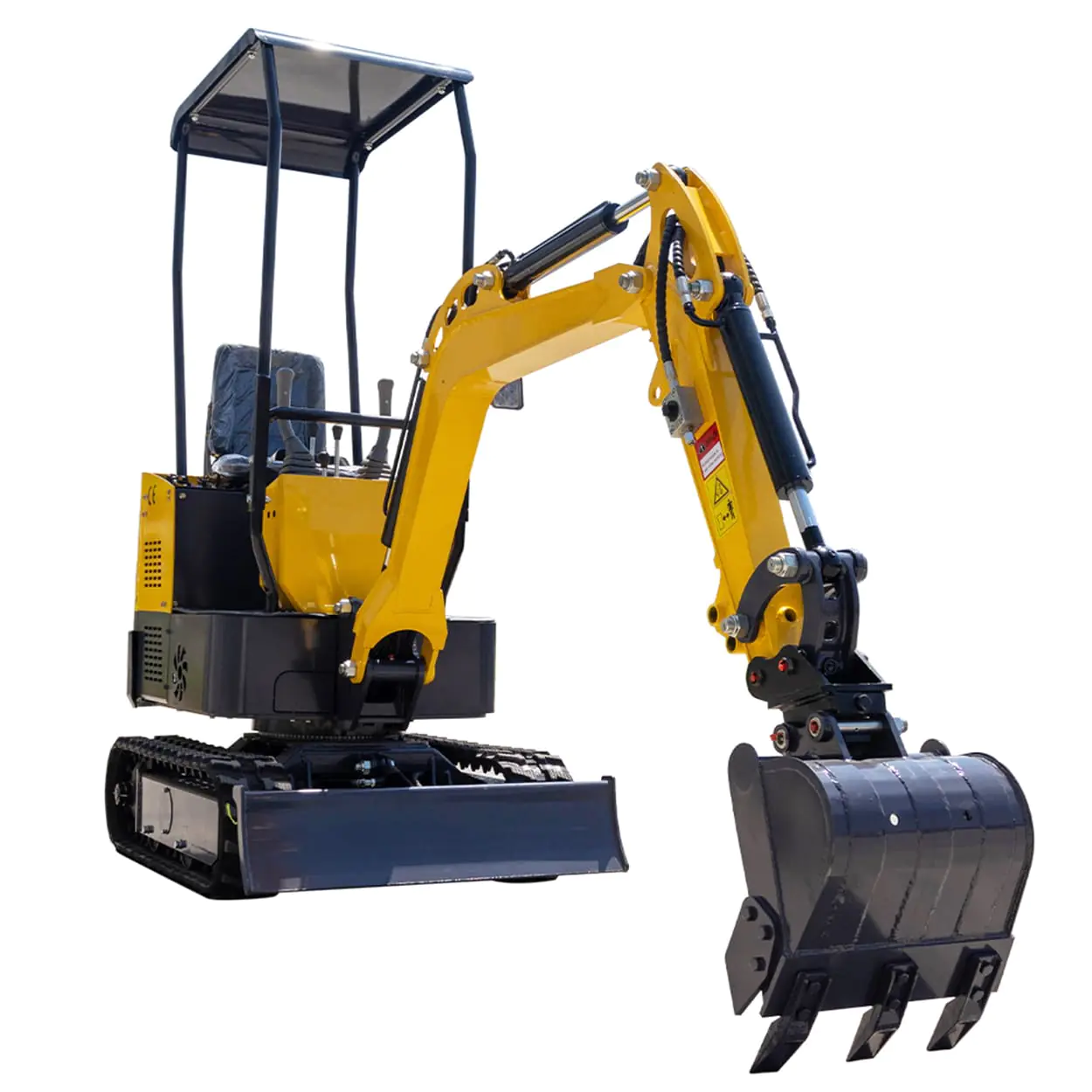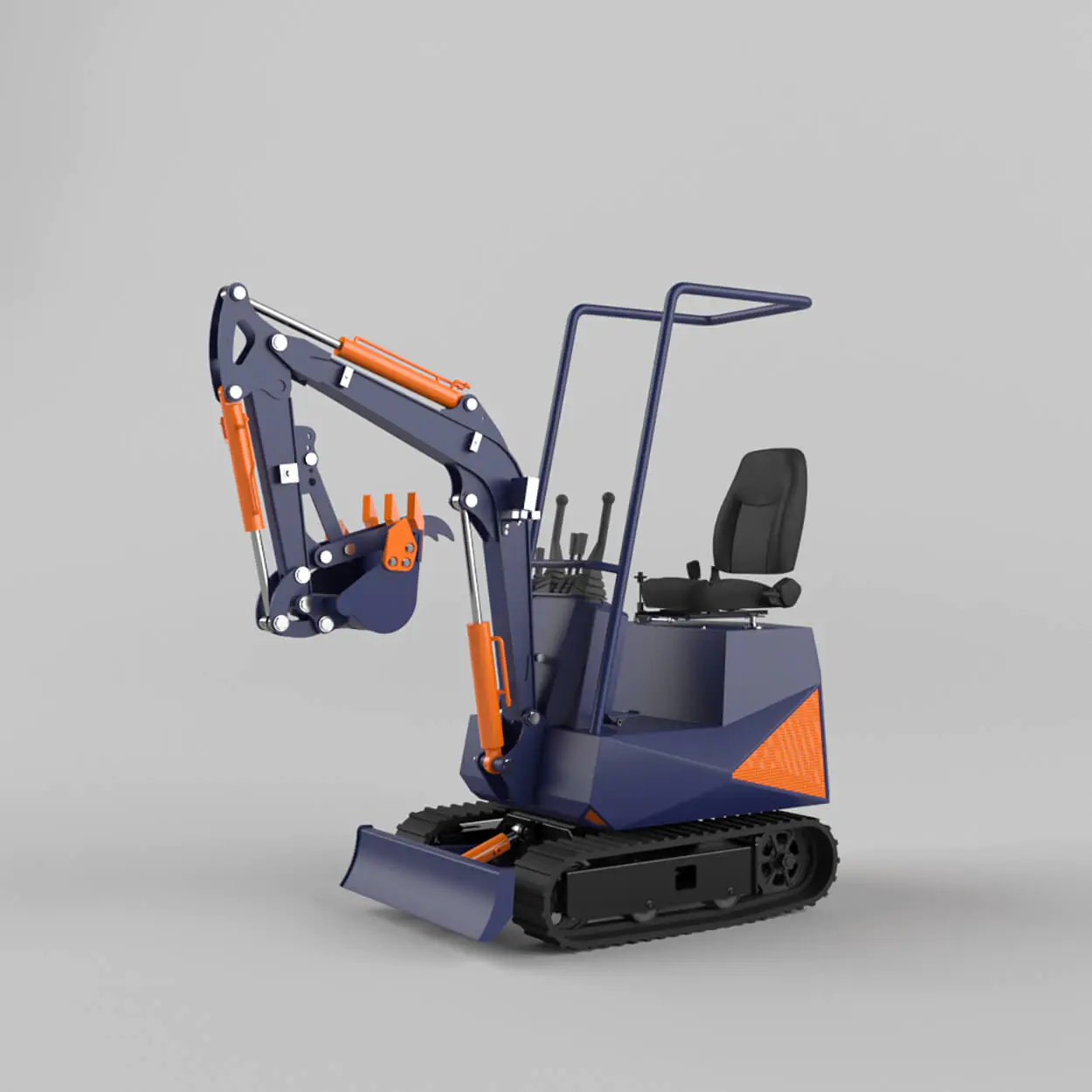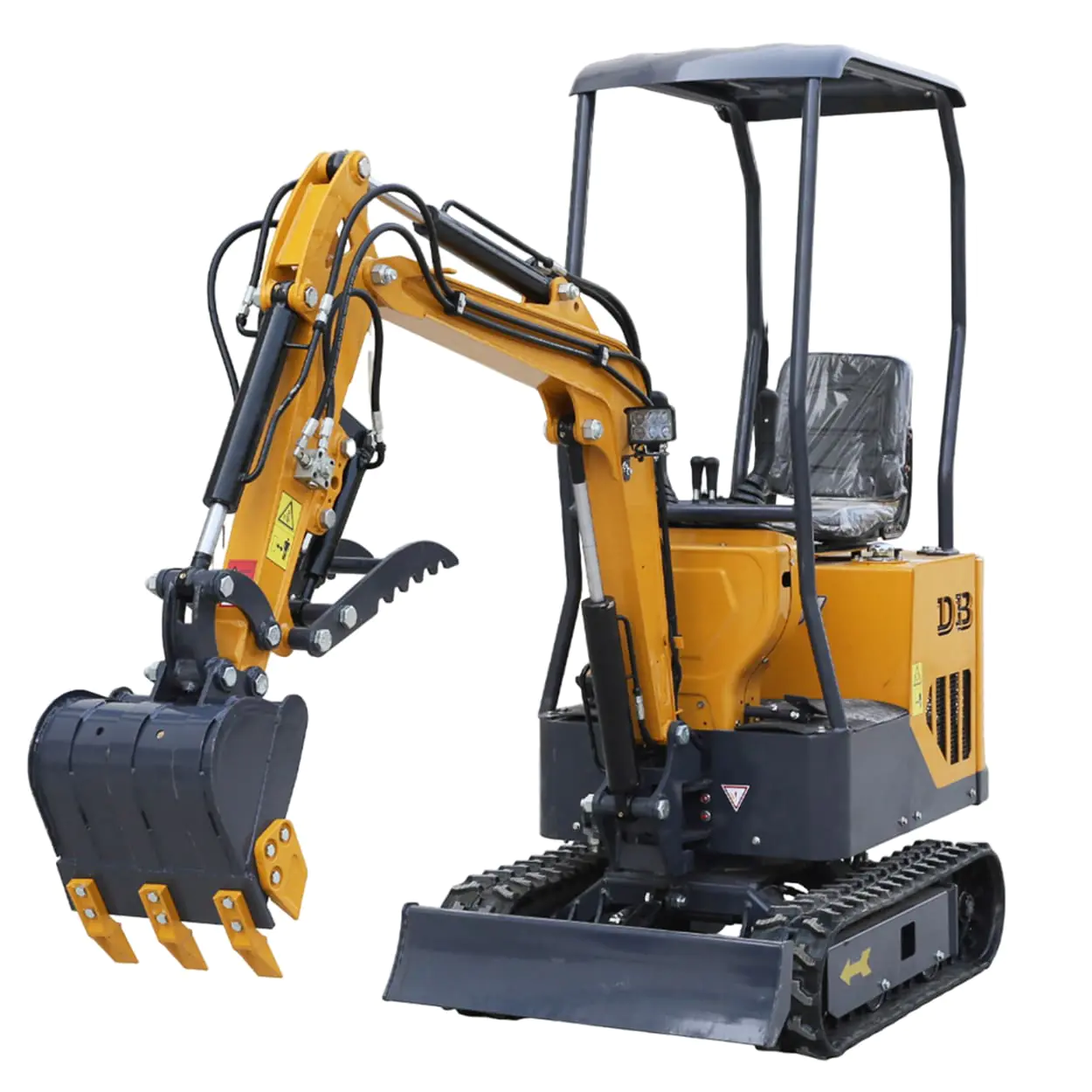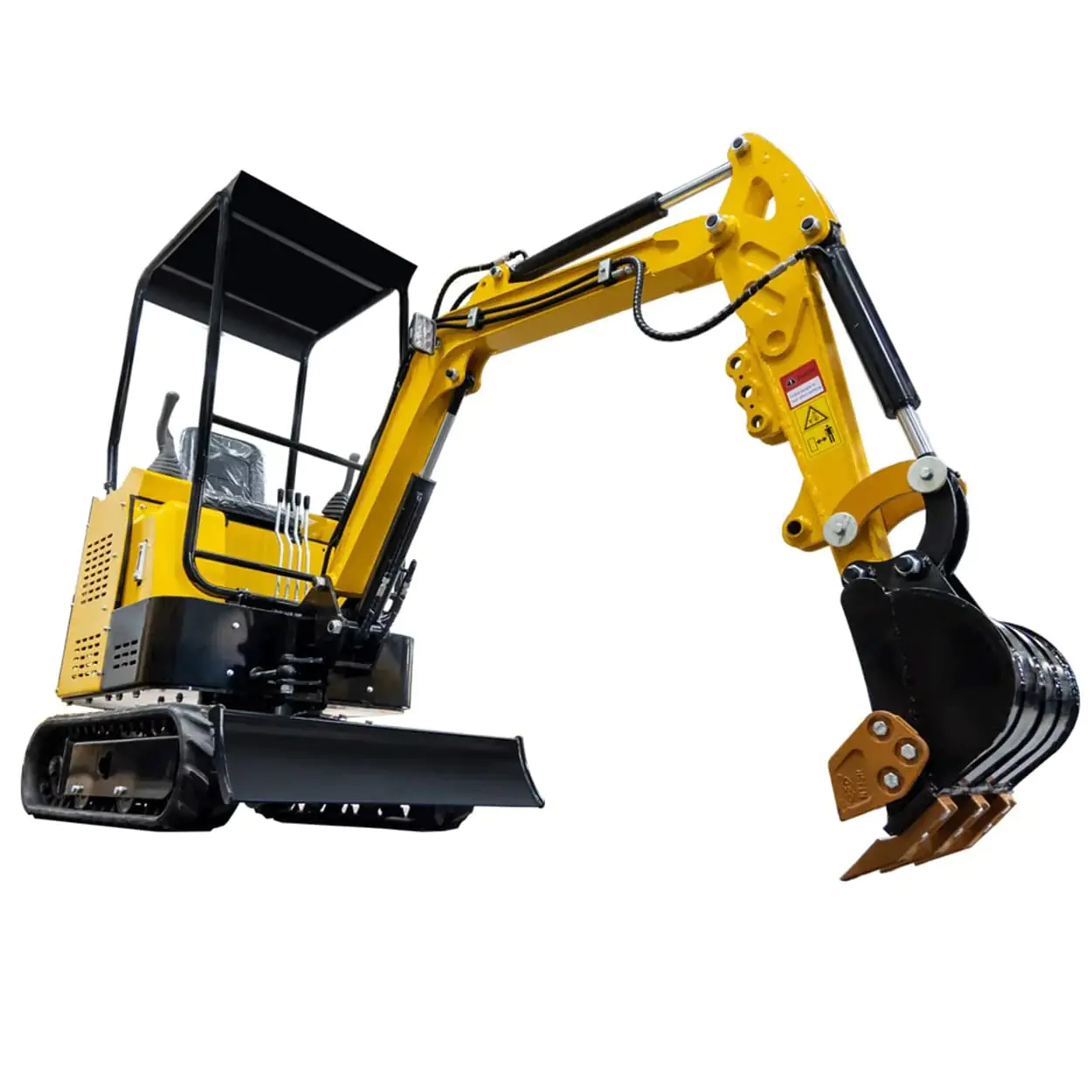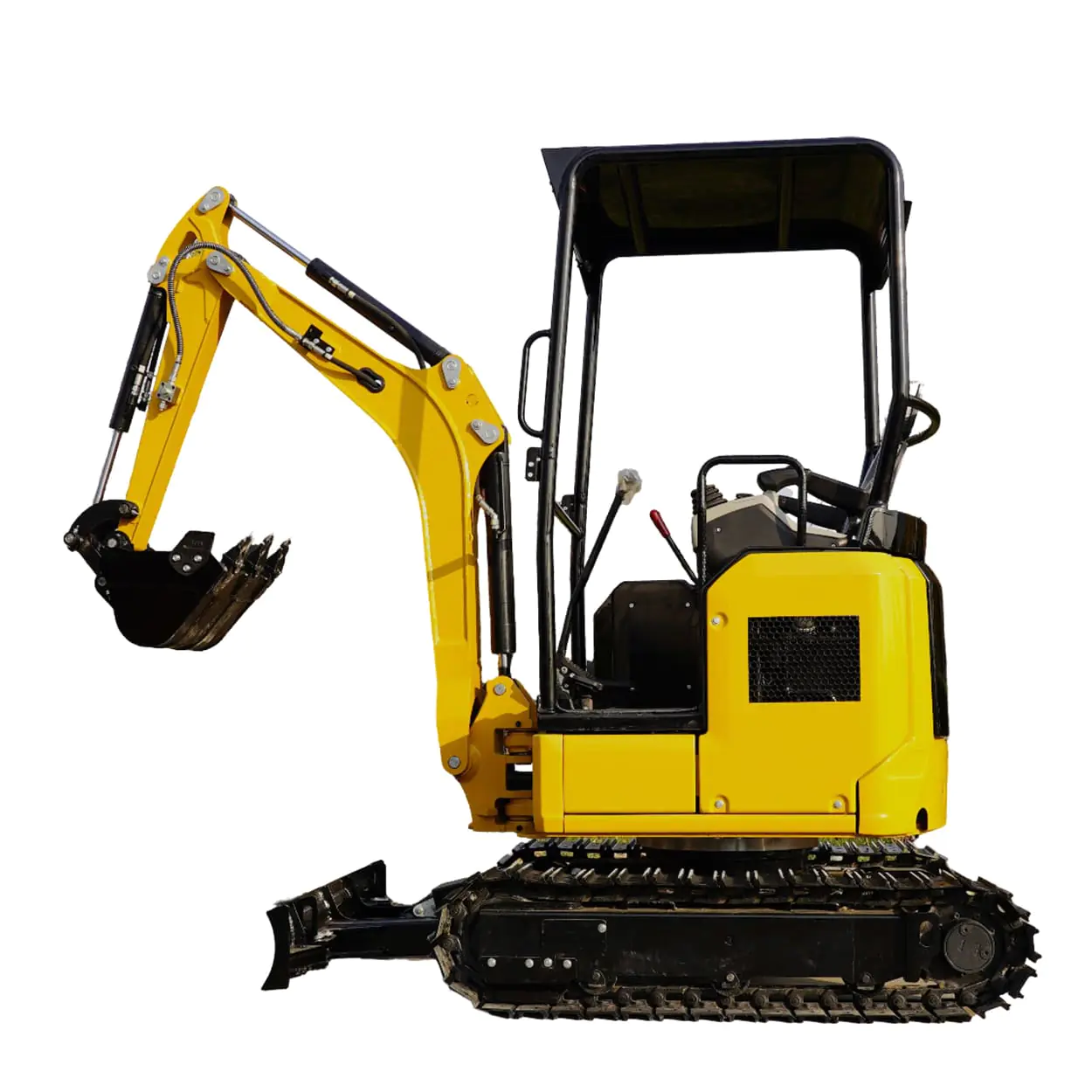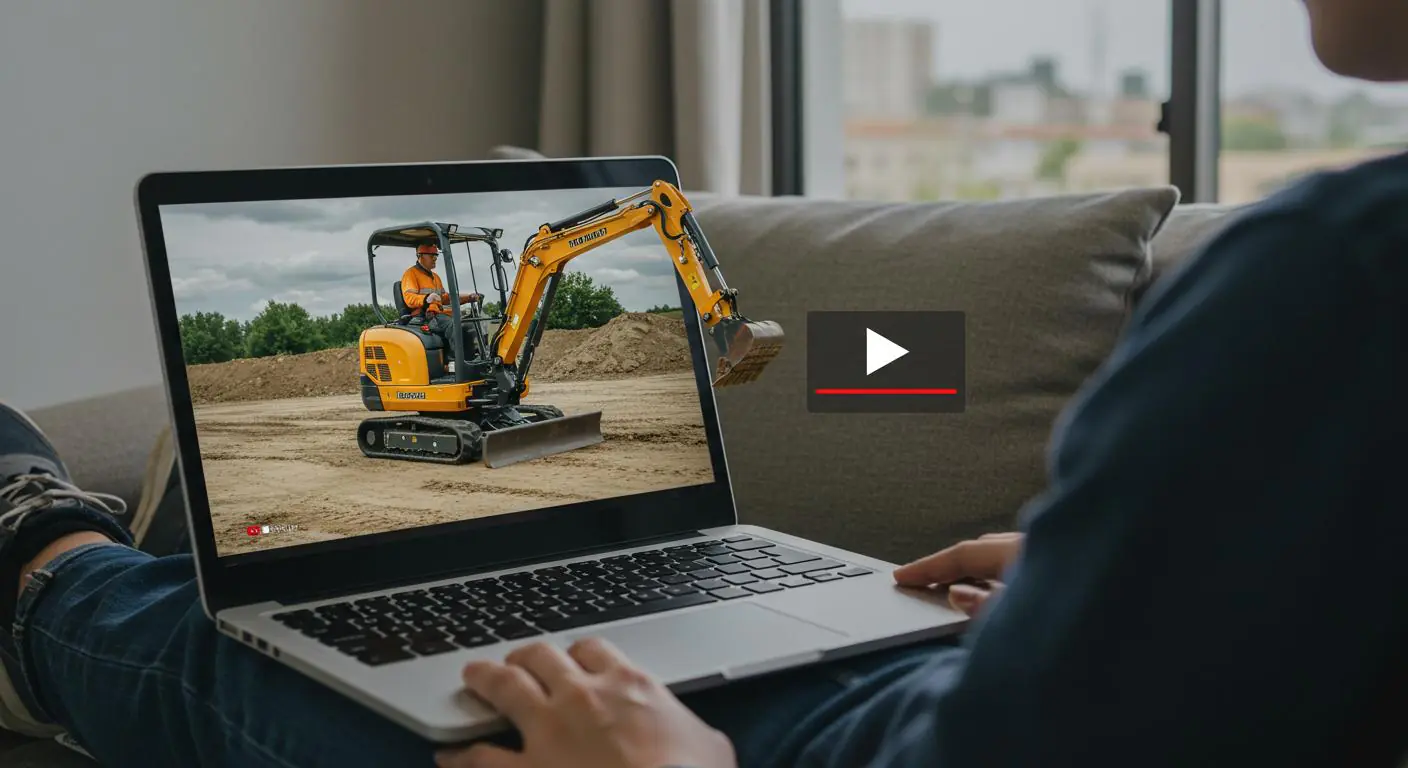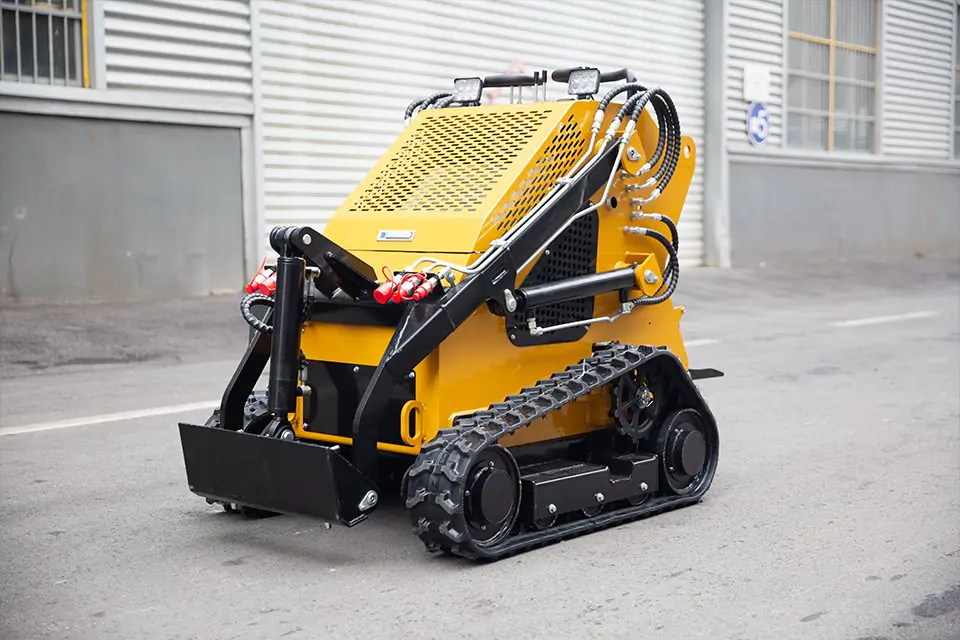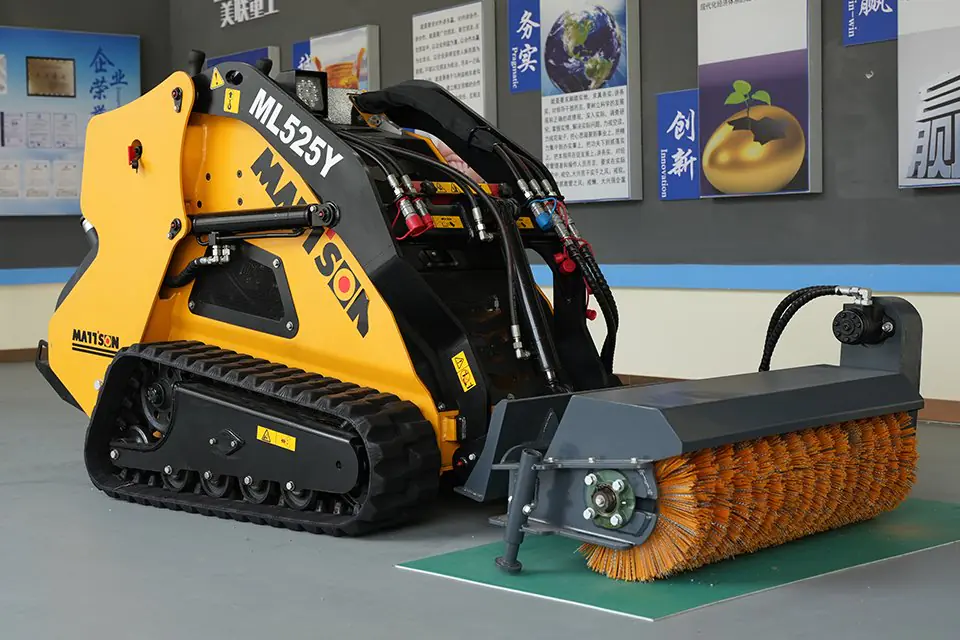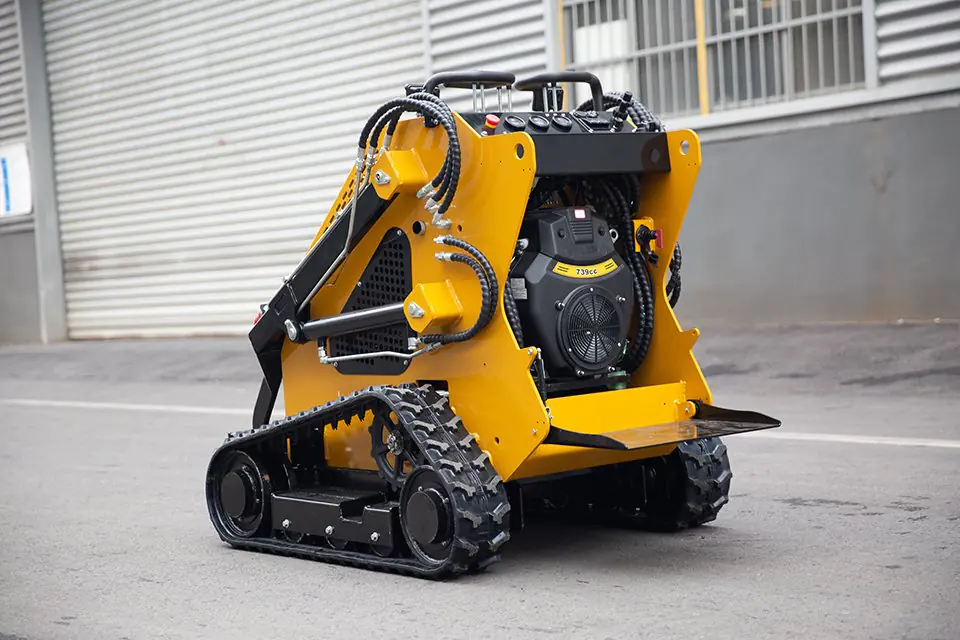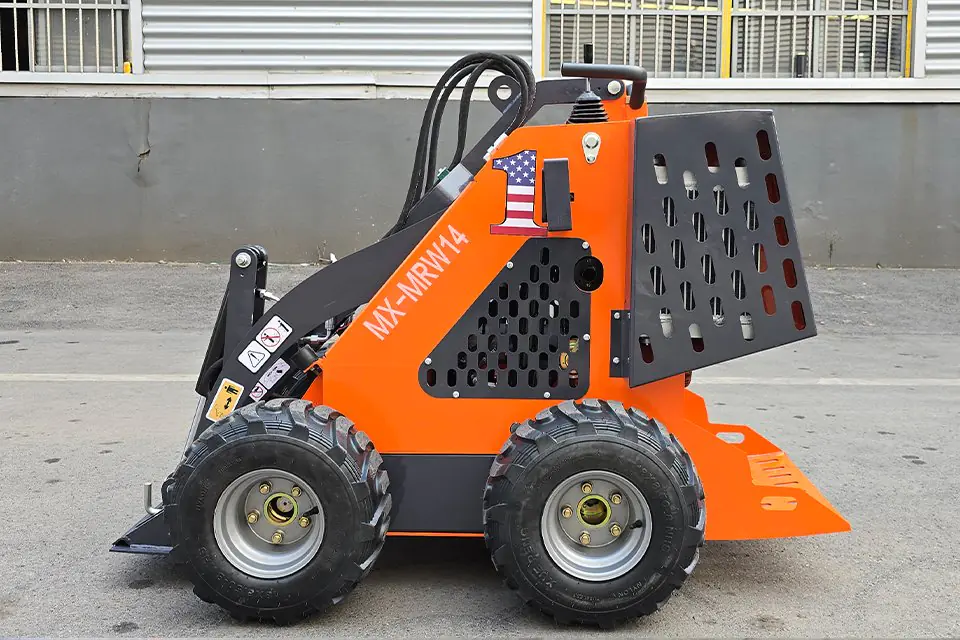Looking to tackle a construction project or a large-scale landscaping job but don’t have the heavy equipment you need? Renting a skid steer loader might be the perfect solution for you. This comprehensive guide will provide you with everything you need to know about skid steer rental, including how to choose the right loader, understand rental costs, and find the best equipment rental suppliers. Keep reading to learn how to pick the right equipment to fit your project needs and get an accurate cost estimate.
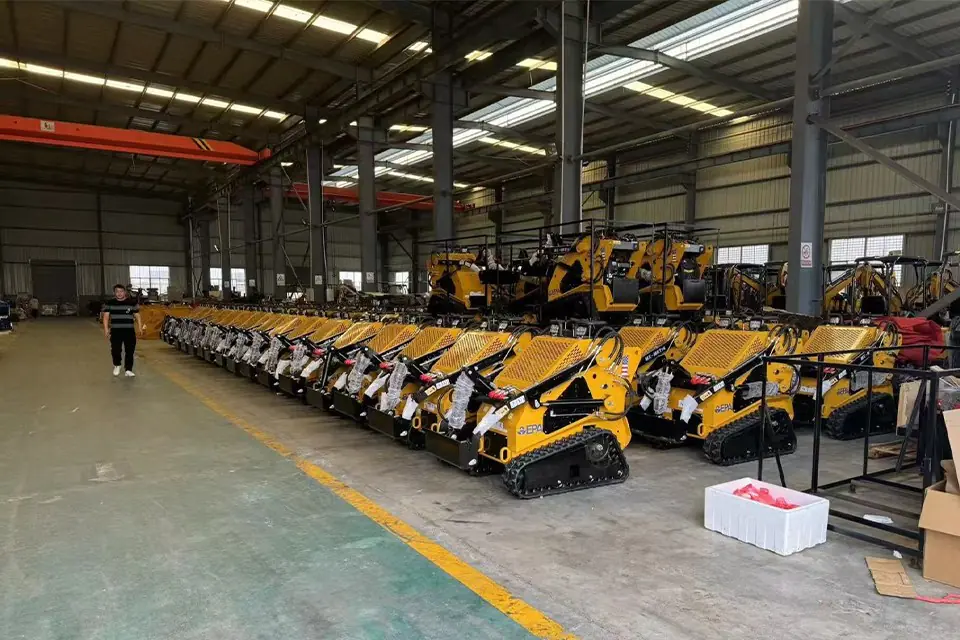
What Is a Skid Steer and Why Should You Rent One?
A skid steer is a versatile piece of construction equipment with a small, rigid frame and lift arms that can attach to a wide variety of tools and attachments. Whether you need to move materials, perform excavation, or handle landscape work, a skid steer can handle it. Renting a skid steer allows you to use this powerful machinery without the significant investment of purchasing one outright.
Benefits of Renting
- Cost-effective for short-term projects
- Access to the latest models with advanced features
- Avoid maintenance costs associated with ownership
- Flexibility to choose equipment based on specific project needs
How Much Does Skid Steer Rental Cost?
The rental cost of a skid steer can vary greatly depending on several factors. On average, renting a skid steer can cost between $200 to $500 per day, but prices may vary. To get an accurate cost estimate, consider the following factors:
- Size of the skid steer: Larger skid steers with higher horsepower and lifting capacity cost more to rent.
- Rental duration: Longer rental periods (weekly or per month) may come with discounted rates.
- Attachments needed: Additional tools like augers, pallet forks, or trenchers can increase costs.
- Supplier: Prices may vary significantly between different equipment rental suppliers.
- Delivery fees: Some suppliers charge extra for delivering the equipment to your job site.
For example, renting a standard skid steer from a popular supplier like BigRentz might be priced differently compared to other local rental centers.
Skid Steer vs. Track Loader: Which One Should You Rent?
When it comes to choosing between a skid steer and a track loader, understanding the differences can help you pick the right equipment for your project.
Skid Steer (Wheeled Skid Steer)
- Best for: Hard surfaces, paved roads, and firm ground.
- Advantages: Greater speed, maneuverability in tight spaces, and typically lower rental costs.
- Ideal for: Landscape work, material handling, and general construction.
Track Loader
- Best for: Soft, muddy, or uneven terrain.
- Advantages: Better traction, lower ground pressure, and improved stability.
- Ideal for: Excavation, grading, and jobs requiring heavier loads.
Consider your project needs and the terrain of your job site when deciding between the two.
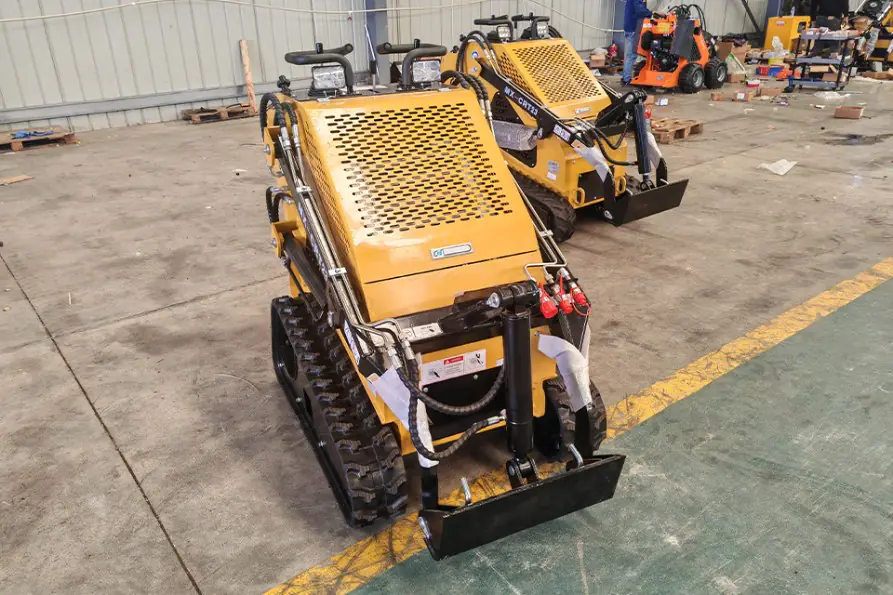
What Factors Affect Skid Steer Rental Costs?
To get the most accurate cost estimate for renting a skid steer, you need to understand the various factors that can affect rental costs:
- Type of skid steer: Wheeled skid steers are generally less expensive than track loaders.
- Rated operating capacity (ROC): Higher ROC indicates a higher lifting capacity, which may increase the rental price.
- Attachments and accessories: Specialized attachments can add to the cost.
- Rental duration: Longer rentals may offer better daily rates.
- Seasonal demand: Busy construction seasons may result in higher prices due to demand.
Where Can You Rent Skid Steers?
There are multiple avenues to rent skid steers, including:
- Local rental centers: Convenient but may have limited inventory.
- Equipment suppliers: Direct from manufacturers or dealers.
- Online equipment rental marketplaces: Platforms like BigRentz provide an online equipment rental network with a wide selection.
When browsing rental options, consider factors such as availability, pricing, and additional services like delivery.
How to Choose the Right Skid Steer Rental Supplier
Selecting the right supplier is crucial for a smooth rental experience. Here are some tips:
- Compare quotes: Prices can vary significantly, so get multiple quotes to find the best deal.
- Check availability: Ensure the skid steer you need is available when you need it.
- Read reviews: Customer feedback can provide insight into the supplier’s reliability.
- Assess customer service: Responsive customer service can help address any issues quickly.
- Consider proximity: Local suppliers may offer quicker delivery and lower delivery fees.
Types of Skid Steers and Their Capacities
Understanding the different types of skid steers and their capacities can help you choose the equipment that fits your project.
- Mini Skid Steers: Compact size, suitable for small jobs and tight spaces.
- Standard Skid Steers: Versatile and commonly used for general construction tasks.
- Large Skid Steers: Higher horsepower and lifting capacity, ideal for heavy-duty projects.
For example, larger skid steers with more than 70 horsepower can handle heavier loads and demanding tasks.
What Attachments Are Available for Skid Steer Rentals?
One of the key advantages of skid steers is their ability to use a variety of attachments:
- Buckets: For digging and material handling.
- Augers: For drilling holes.
- Pallet forks: For lifting and moving pallets.
- Trenchers: For digging trenches.
- Hydraulic hammers: For demolition work.
These attachments enhance the versatility of the skid steer, allowing it to work better across different tasks.
For a wide range of attachments, check out Dig-Boy’s Mini Skid Steer Loaders.
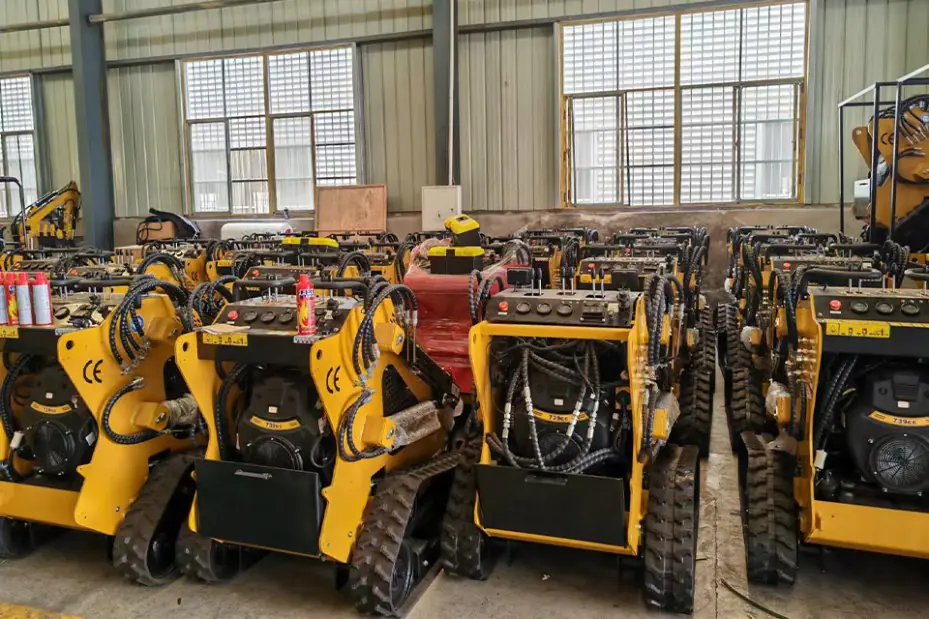
How to Pick the Right Equipment to Fit Your Project Needs
To ensure the skid steer you rent is suitable for your project, consider the following factors:
- Project scope: Identify the tasks you need the skid steer to perform.
- Terrain: Choose between a wheeled skid steer or track loader based on ground conditions.
- Space constraints: For tight spaces, a smaller or mini skid steer might be more appropriate.
- Required attachments: Ensure the necessary attachments are available.
If you’re unsure, please call us for any questions or consult with the rental supplier to help you make the best choice.
Understanding Rental Agreements and Policies
Before finalizing your rental, make sure to:
- Read the rental agreement carefully: Understand terms and conditions.
- Check for hidden fees: Be aware of any additional costs.
- Confirm insurance requirements: Ensure you’re covered in case of accidents.
- Ask about maintenance responsibilities: Know who is responsible for equipment upkeep during the rental period.
Benefits of Renting from Dig-Boy
For high-quality skid steer rentals, consider Dig-Boy’s Mini Skid Steer Loaders. They offer:
- A range of models with varying lifting capacities.
- Multiple attachments to enhance versatility.
- Competitive rental costs.
- Excellent customer service to support your rental needs.
Additionally, you might be interested in their Remote Control Lawn Mower for specialized landscaping projects.
Frequently Asked Questions About Skid Steer Rentals
Q: What is the difference between a skid steer and a skid loader?
A: There is no difference; skid steer and skid loader are terms used interchangeably to describe the same equipment.
Q: Can I rent a skid steer with a higher lifting capacity?
A: Yes, many suppliers offer skid steers with varying lifting capacities. Skid steers with more horsepower generally have higher capacities.
Q: How do delivery fees impact the rental cost?
A: Delivery fees can add to the overall rental cost. These fees may vary based on distance and supplier policies.
Conclusion
Renting a skid steer is an efficient and flexible solution for many construction and landscaping projects. By understanding the factors that influence rental costs, knowing how to choose the right equipment, and selecting a reputable supplier, you can ensure your project is completed successfully. Remember to consider your project needs, compare rental options, and don’t hesitate to seek advice to get an accurate estimate and pick the right equipment.
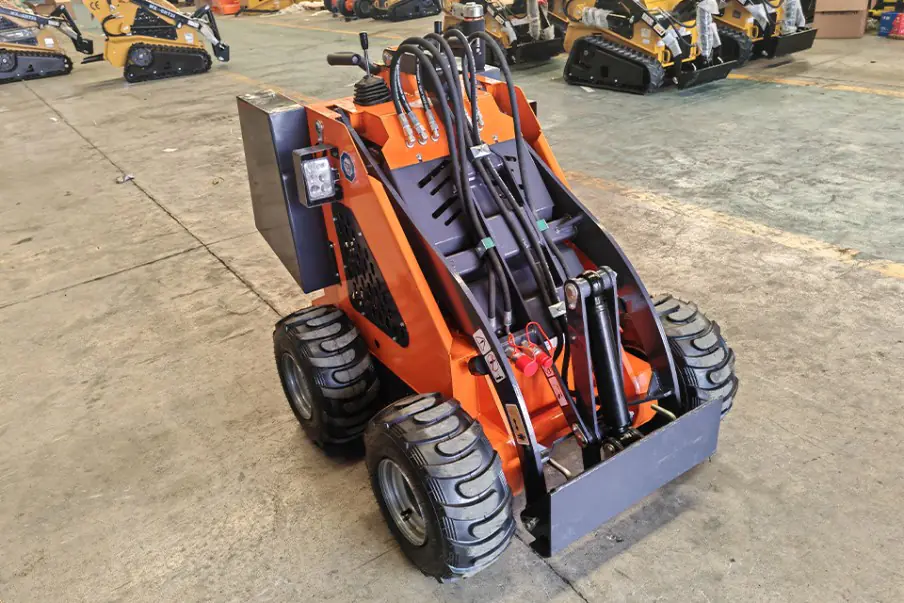
Summary
- Skid steer rentals offer flexibility and cost savings.
- Rental costs depend on various factors; compare quotes to get an accurate estimate.
- Choose between a skid steer and a track loader based on project needs.
- Select a reliable supplier and understand rental agreements.
- Utilize the right attachments to enhance your equipment’s versatility.
Call us for any questions or to help you make the best choice for your project.
